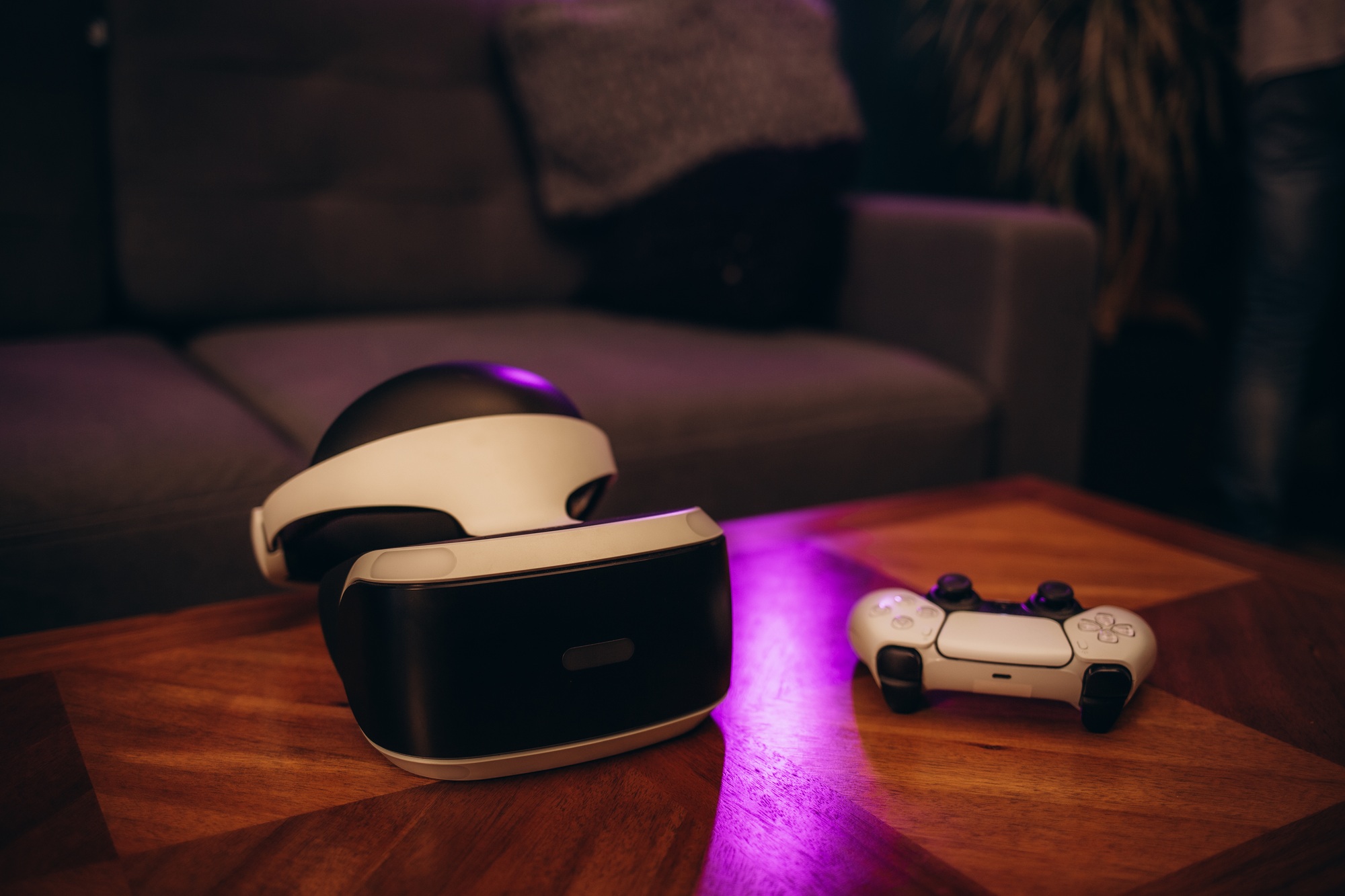The gaming world was set ablaze when Astro Bot: Rescue Mission 2, a VR-based platformer, clinched the Game of the Year award at the 2024 Game Awards. While the beloved robotic mascot has long been a favorite in niche gaming communities, the decision to award the title to a VR-exclusive game has left parts of the gaming community divided. Here’s an in-depth look at why Astro Bot won, why some fans are unhappy, and what this could mean for the gaming industry as a whole.

Astro Bot’s Surprise Win
Astro Bot: Rescue Mission 2, developed by Sony’s Japan Studio, was praised for its innovative use of VR, charming level design, and creative gameplay mechanics that push the boundaries of virtual reality. The game stood out as a love letter to classic platformers while showcasing the potential of VR as a serious gaming platform.
Despite these accolades, many gamers believed other nominees like Echoes of Eternity and Neo Horizon had stronger narratives, broader appeal, and more diverse gameplay styles. Astro Bot’s victory reignited debates about the accessibility and relevance of VR gaming in an industry still dominated by traditional consoles and PCs.
Why the Backlash?
1. Accessibility Issues
The biggest criticism stems from the VR exclusivity of Astro Bot. With VR headsets still being relatively expensive and niche, many gamers felt excluded from experiencing the game. Critics argue that a Game of the Year title should represent broader accessibility and availability across platforms.
2. Preference for AAA Blockbusters
Titles like Neo Horizon and Shadowverse: Rebirth were strong contenders with blockbuster budgets, stunning graphics, and sprawling open worlds. Fans of these games felt their titles were more deserving, as they catered to a wider audience and showcased technological advancements on a larger scale.
3. Perceived Bias Toward Sony
Some critics believe Astro Bot’s win reflects bias toward Sony’s PlayStation VR2 platform, as Sony also had significant involvement in the Game Awards.
The Case for Astro Bot’s Win
Despite the controversy, Astro Bot’s victory highlights some key trends and shifts in the gaming industry:
- Innovation Over Scale: The game’s creative use of VR to deliver a deeply immersive platforming experience shows that smaller-scale projects can triumph over sprawling AAA games.
- VR’s Growing Influence: While VR remains niche, Astro Bot’s recognition signals the industry’s acknowledgment of its potential as the next frontier in gaming.
- Celebrating Artistic Vision: Astro Bot’s win was seen by many as a celebration of artistic creativity, something that isn’t always synonymous with big-budget titles.
Broader Industry Implications
1. A Boost for VR Gaming
Astro Bot’s success may encourage developers to invest more in VR gaming, which has long struggled to break into mainstream markets. With its engaging gameplay and critical acclaim, the game serves as a benchmark for what VR titles can achieve.
2. Expanding Award Criteria
The backlash surrounding Astro Bot’s win could push the Game Awards and similar events to reconsider their criteria, focusing more on accessibility and broad appeal to avoid alienating segments of the gaming community.
3. Reigniting the Indie vs. AAA Debate
Astro Bot, though backed by Sony, feels like an indie-style project compared to the mammoth scale of its competitors. This win further fuels the debate over whether smaller, innovative titles should be prioritized over massive AAA productions in award circuits.

FAQs
1. Why did Astro Bot win Game of the Year?
Astro Bot: Rescue Mission 2 won for its groundbreaking VR mechanics, innovative level design, and charm, which set it apart from its competitors. It demonstrated how VR can elevate gaming experiences to new creative heights.
2. Why are people upset about the win?
Critics argue that a Game of the Year title should be widely accessible. Since Astro Bot is exclusive to VR, a platform not all gamers can afford or access, many feel the award didn’t represent the broader gaming community.
3. What does this mean for the future of gaming?
Astro Bot’s win signals a growing industry focus on innovation and new technologies like VR. It also raises questions about inclusivity in gaming and how awards should balance innovation with accessibility.
Astro Bot’s Game of the Year win may be divisive, but it undeniably sparks important conversations about the future of gaming. Whether you’re a fan of VR or a traditional gamer, one thing is clear: the industry is evolving, and Astro Bot just became a key milestone in that journey.
Sources Forbes

